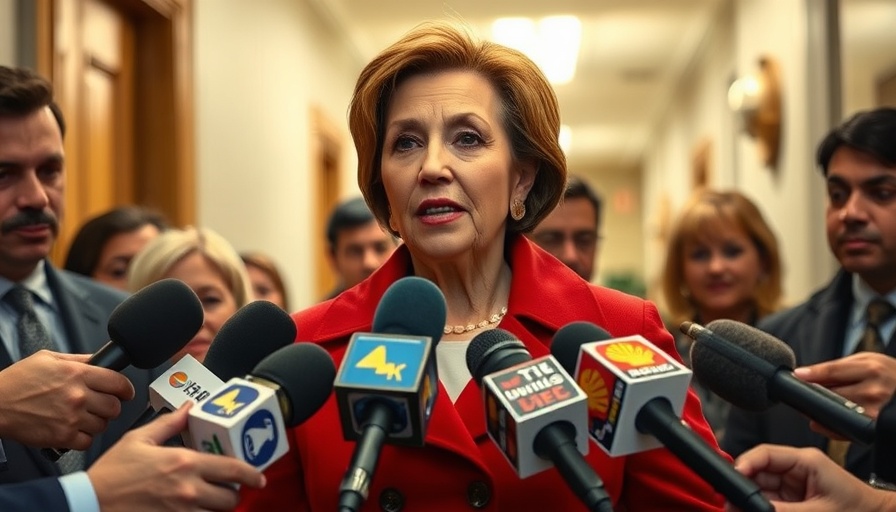
Unpacking the Toxic Culture: What Happened at Ubisoft?
The recent trial of former top executives at Ubisoft in Paris has shone a light on ongoing issues of workplace toxicity within the gaming industry. Thomas Francois, the former vice-president of the editorial department, faces serious allegations of fostering a toxic environment, characterized by harassment and discrimination. As the trial unfolds, many are left wondering how such behaviors can persist in a company known for creating beloved franchises like Assassin’s Creed and Far Cry.
Why Workplace Culture Matters
Workplace culture is a pivotal aspect of any organization's success. Toxic cultures can lead to high employee turnover, diminished productivity, and a decline in mental health among staff. This case serves as a stark reminder of how necessary it is to cultivate a healthy work environment for all employees. Studies have shown that when employees feel safe and valued, they are more engaged and contribute positively to the company's goals.
The Ripple Effects of Toxicity in the Workplace
The implications of a toxic work culture extend far beyond individual employees. It affects team dynamics, innovation, and ultimately, the bottom line. In a recent survey, 70% of workers reported experiencing workplace toxicity at some level, leading to increased stress and burnout. These conditions can hinder employee creativity and commitment, essential elements in a competitive industry like gaming.
A Parallel in the Tech Industry
This isn't an isolated issue in the gaming world; similar occurrences have been reported within the tech industry. Companies like Uber and Google have faced their share of allegations concerning workplace harassment and discrimination. In each case, the fallout has included significant financial losses and damage to reputations, illustrating the broader consequences that come with ignoring internal culture.
What Can Companies Learn From Ubisoft’s Struggles?
Ubisoft, despite its popularity, is now at a crossroads. How it responds to these allegations could set a precedent for other companies in the industry. Actionable steps include implementing comprehensive training programs on diversity and sensitivity, establishing stronger channels for reporting harassment, and actively involving employees in creating a collaborative work culture. A proactive approach is vital to prevent future incidents and foster a more respectful workplace.
Protecting Employee Well-Being
The fallout from this trial emphasizes the importance of protecting employees’ mental health and overall well-being. As companies navigate the complexities of establishing a healthy work culture, they must be vigilant in addressing grievances swiftly and fairly. Initiatives like mental health days, open-door policies, and anonymous feedback mechanisms can empower employees to voice their concerns without fear of retaliation.
Taking Action: The Role of Employees
Employees, too, play a crucial role in shaping workplace culture. By advocating for mental health awareness and offering support to colleagues, employees can foster an environment of care and respect. Moreover, engaging in open conversations about workplace challenges can facilitate collective healing and improvement.
Conclusion: Creating a Healthier Future for Workplaces
As the trial against Ubisoft's executives continues, the focus is not just on them but also on the lessons that can be learned. Now is the time for both employees and employers to take action against workplace toxicity. By creating an open dialogue and prioritizing mental health, we can move towards a healthier, more productive future. It’s essential for everyone, especially those who witness these toxic situations firsthand, to demand better work environments. Only through collective effort can we hope to eradicate toxic cultures from workplaces.
 Add Row
Add Row  Add
Add 




Write A Comment